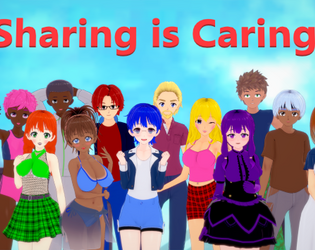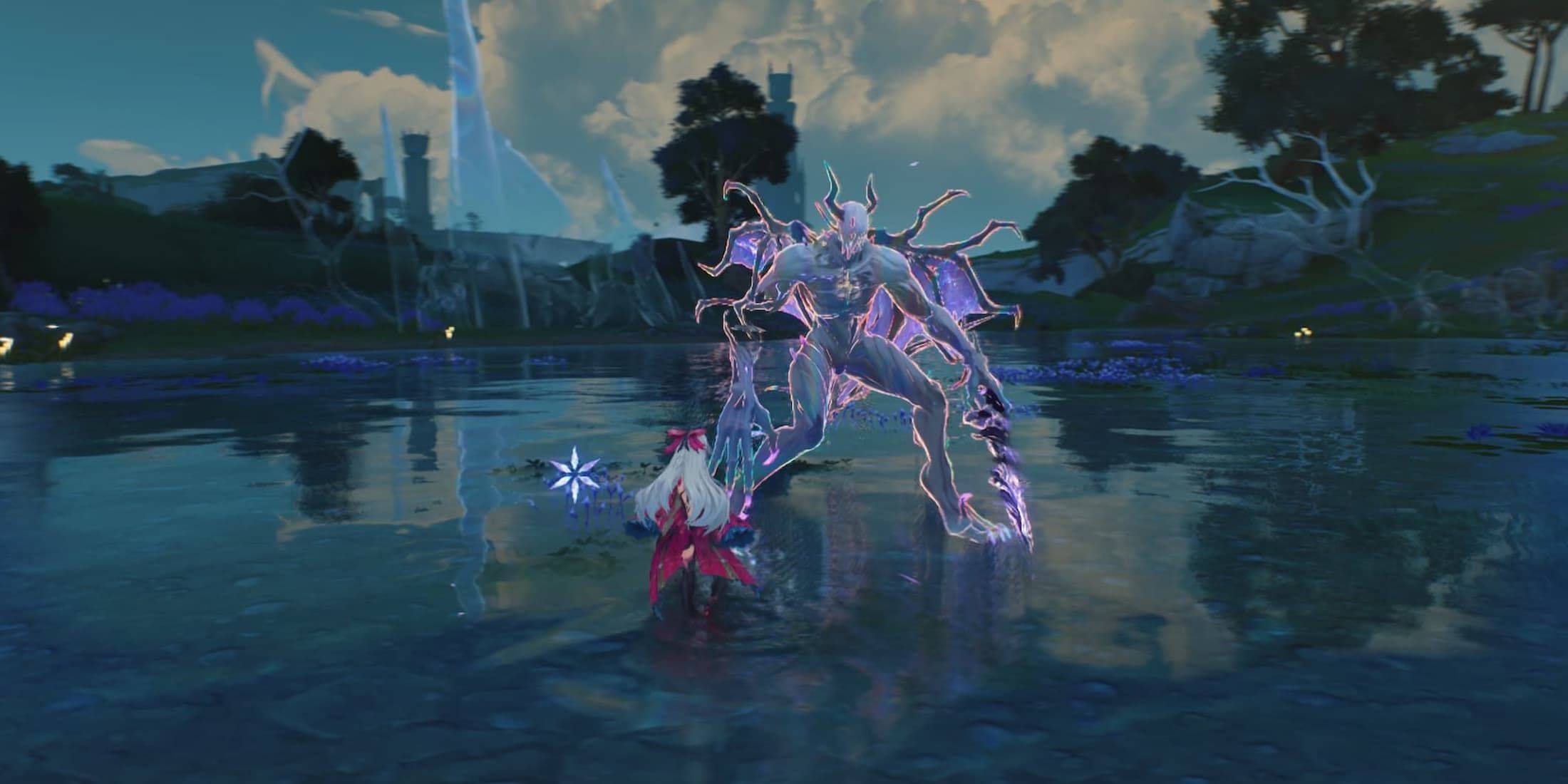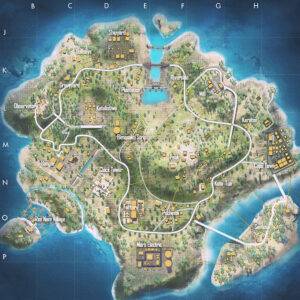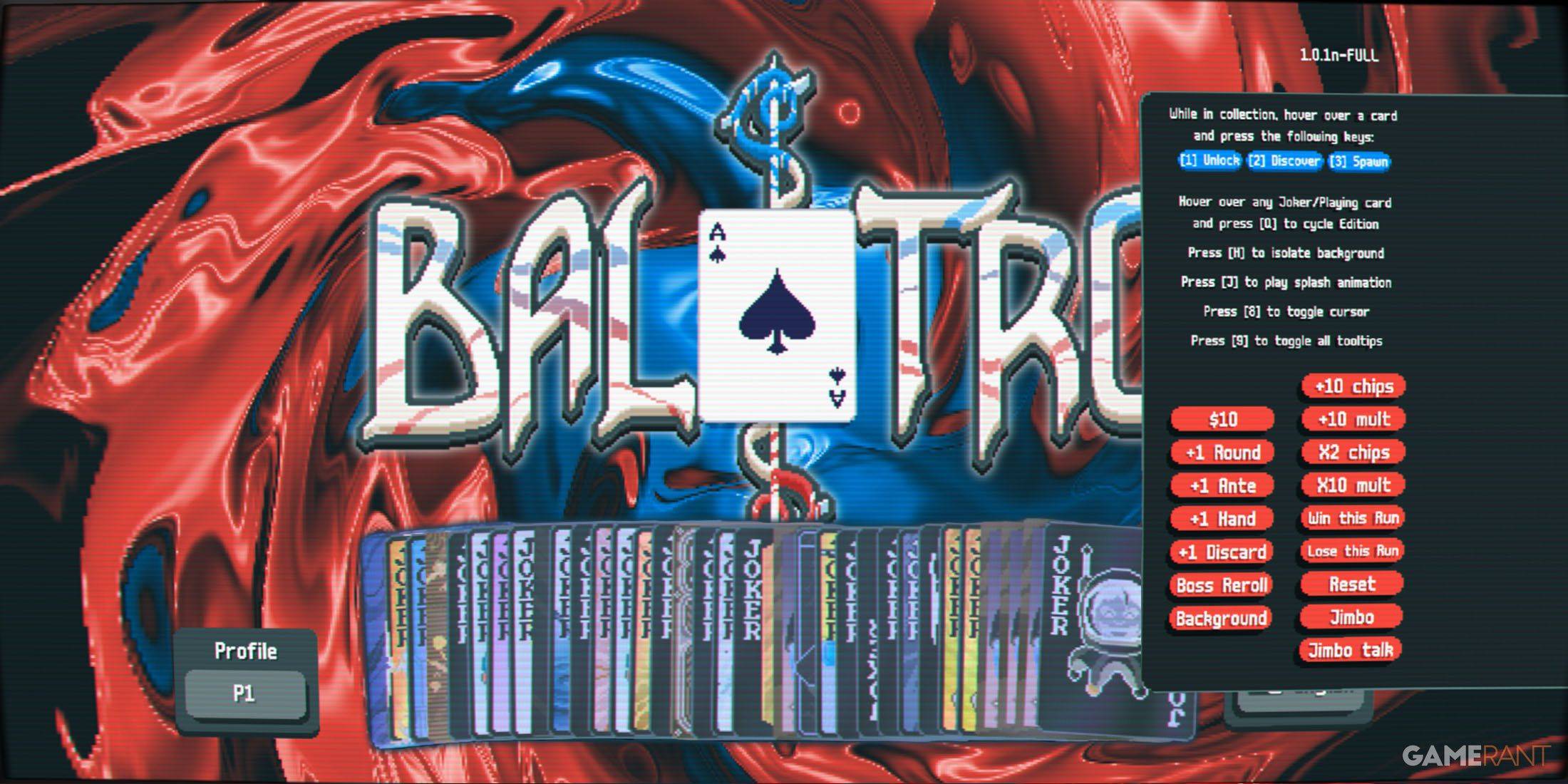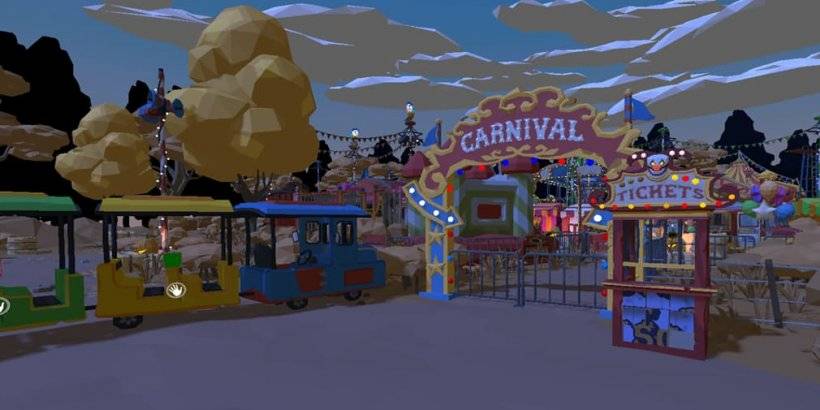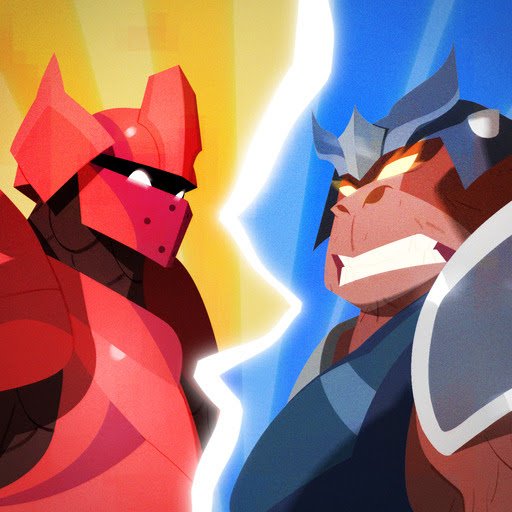Top Bethesda RPGs Ranked: A Gamer's Guide
It's rare for a developer to become synonymous with a single genre, but Bethesda Game Studios has so thoroughly mastered its signature style that it's almost tempting to refer to the entire field of first-person open-world Western RPGs as “Skyrimlikes” or “Oblivionvanias.” Over the past three decades since *The Elder Scrolls: Arena* debuted, Bethesda has grown into a triple-A powerhouse, building a loyal fanbase, achieving blockbuster sales, and even earning a $7.5 billion acquisition from Microsoft—all thanks to its distinctive and enduring design philosophy.Bethesda has delivered both unforgettable hits and notable misfires over the years. With the unexpected release of The Elder Scrolls: Oblivion Remastered prompting fans to reevaluate their long-held rankings, now seems like the perfect time to reassess the studio’s legacy. Since The Elder Scrolls VI is still a distant dream—likely years away from anything more than a dramatic logo reveal—we can safely take our time with this list without worrying about it becoming obsolete anytime soon.
Before we begin, let’s clarify the rules: This ranking focuses solely on Bethesda’s core RPG titles. Spin-offs like The Elder Scrolls Battlespire, Redguard, and mobile titles such as Blades and Fallout Shelter are excluded—even if some of us have a soft spot for Fallout Shelter’s dark humor and endless parade of cartoonish Vault dwellers in classic Vault Boy style.
No, this list is reserved for the true heavyweights—the expansive, ambitious sandbox experiences that immediately come to mind when you say “Bethesda Game.” With that in mind, let’s kick things off on a humble note with…
9: The Elder Scrolls: Arena
The first entry in the legendary series isn’t at the bottom because it’s bad—it simply shows what happens when a team is still figuring things out. In 1994, Bethesda was best known for sports games and Terminator adaptations, not sprawling RPGs. Arena started life as a gladiatorial combat simulator where players competed in medieval battles and took on side quests between fights.
The developers quickly realized it would be cool if players could walk around cities, talk to NPCs, and delve into challenging dungeons. What resulted was an impressive early first-person RPG, very much a product of its era, reminiscent of titles like Ultima Underworld and Might and Magic. It featured arcane systems, randomized loot, meandering sidequests, and movement controls that will make modern players question every muscle memory they've built over the years.
Its combat system, based heavily on dice rolls, often led to frustrating moments where dozens of visible hits did no damage. Still, it's hard to fault Arena too much for its flaws—especially considering it was Bethesda’s first major leap into this genre. While the game may not have lived up to its later successors, it laid the foundation for everything that followed.

The Elder Scrolls: Arena
Bethesda | Jan 15, 1992 | [PC]
8: Starfield
Every new Bethesda Game Studios title brings with it speculation about whether the studio will finally move beyond its aging Gamebryo engine—or at least upgrade the notoriously inefficient cell-based framework. Unfortunately, Starfield didn't deliver on that promise. Despite being marketed as "Creation Engine 2.0," the game still suffers from frequent loading screens and outdated visuals beneath a shiny new animation pipeline.
That said, the NASApunk sci-fi setting was a refreshing change of pace from the usual fantasy and post-apocalyptic environments of The Elder Scrolls and Fallout. Unfortunately, procedural generation doesn’t suit Bethesda’s strengths. While the studio excels at crafting one cohesive, detailed world full of secrets and lore, Starfield offers 1,000 mostly identical planets with only a handful of unique points of interest repeated endlessly.
Landing on yet another planet filled with abandoned mines or cryo labs becomes exhausting after a while—something that rarely happens in a dungeon crawl through Skyrim. It might seem harsh placing Starfield near Arena, but it’s easier to forgive the rough edges of a fledgling project than those of a $200 million blockbuster promising the stars and falling short.

Starfield
Bethesda Game Studios | Sep 5, 2023 | [Xbox Series X|S] [PC]
7: The Elder Scrolls II: Daggerfall
One reason Starfield’s procedural generation feels underwhelming is that Bethesda has experience doing it right—way back in 1997 with Daggerfall. At 80,000 square miles (roughly the size of Great Britain), Daggerfall remains one of the most massive open worlds ever created. Walking across the entire map takes nearly 70 hours, though you’ll likely opt for horseback travel instead.
Despite its vastness, Daggerfall is far from empty. The Iliac Bay region includes nine distinct climates, 44 political regions, 15,000 points of interest—including 4,000 dungeons and 5,000 towns. It introduced the series’ iconic skill-based progression system, allowing players to improve skills through use.
While dungeon combat remained clunky, the overworld experience was leaps ahead of its predecessor. You could buy houses, join guilds, steal, kill, and face consequences—offering a level of immersion unmatched at the time. Even with its procedural quirks, Daggerfall remains a milestone in open-world design.
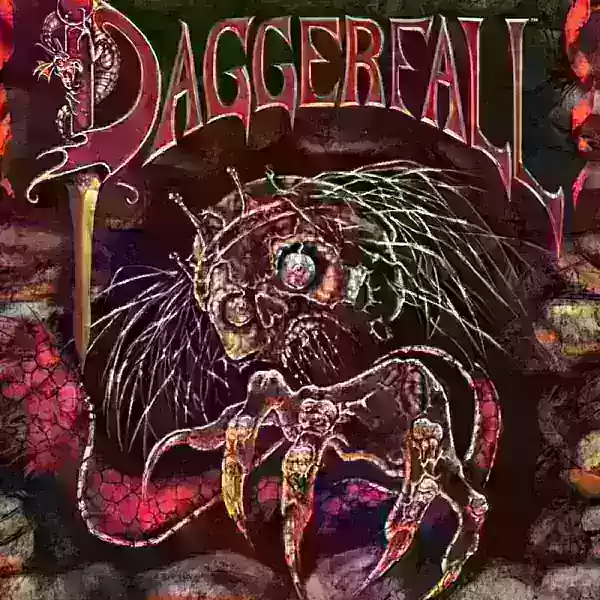
The Elder Scrolls II: Daggerfall
Bethesda | Jun 24, 1997 | [PC]
6: Fallout 76
At launch, Fallout 76 was a disaster. Stripped of traditional NPCs and hand-crafted dialogue, the game relied on multiplayer chaos to fill the void—an approach that failed spectacularly. Loot limits, excessive crafting loops, and questionable monetization decisions made the early experience miserable.
However, the game has improved significantly since then. The Wastelanders update reintroduced voiced NPCs, bringing more characters into the mix than any previous Fallout title. While their depth is debatable, the overall experience is far smoother now. A growing community and renewed interest following Amazon’s Fallout TV series have helped restore some faith in the title.
Still, it’s hard to rank Fallout 76 highly when Elder Scrolls Online exists—a superior MMO developed by Zenimax Online Studios rather than BGS directly. That said, Fallout 76 represents a turning point—proof that even a troubled live-service experiment can evolve into something playable with enough polish.

Fallout 76
Bethesda Game Studios | Nov 14, 2018 | [PS4] [PC] [Xbox One]
5: Fallout 4
With over 25 million copies sold, Fallout 4 is the most commercially successful entry in the franchise. Its streamlined mechanics and polished presentation made it accessible to mainstream audiences—but at a cost. Depth and complexity were sacrificed in favor of broad appeal.
On the plus side, the Commonwealth is a richly detailed world with satisfying exploration. Settlement building adds a fresh mechanic to the formula, and expansions like Far Harbor recaptured the essence of earlier Fallout entries. Nick Valentine stands out as one of the series’ most memorable characters.
Unfortunately, the main story leans too heavily on high-tech sci-fi elements that clash with the gritty wasteland atmosphere. Dialogue options are limited, choices feel shallow, and the narrative twists often fall flat. While visually stunning and technically solid, Fallout 4 ultimately plays more like a theme park ride than a deep RPG.
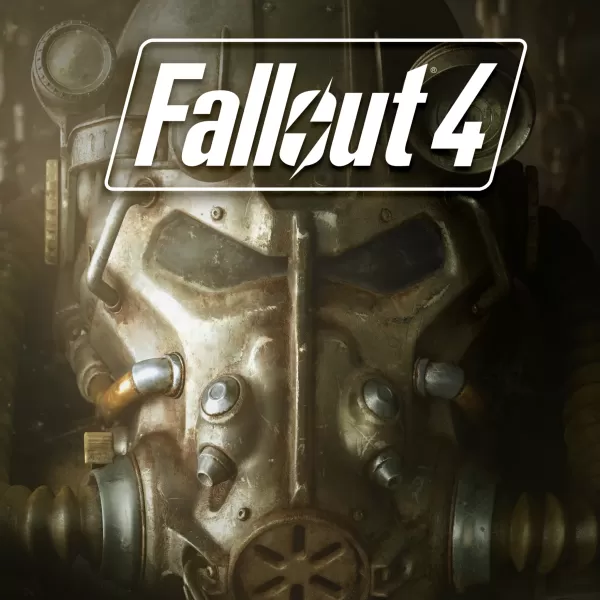
Fallout 4
Bethesda Game Studios | Nov 10, 2015 | [PS5] [Xbox Series X|S] [PC] [PS4] [Xbox One]
4: Fallout 3
When Bethesda acquired the rights to Fallout, fans were divided. Would the studio preserve the series' anarchic spirit, or dumb it down for mass appeal? The answer turned out to be a bit of both.
The opening sequence—beginning with birth and ending with your character leaving Vault 101—is one of the best introductions in gaming history. The V.A.T.S. system brilliantly translated turn
Latest Articles




![Taffy Tales [v1.07.3a]](https://imgs.anofc.com/uploads/32/1719554710667e529623764.jpg)





